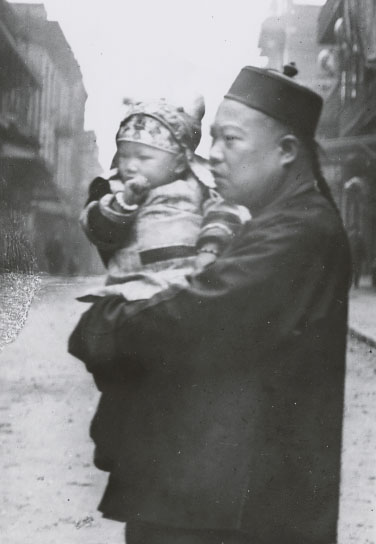My most recent article on Romans is now published! It is titled, “PAUL WRITES TO THE GREEK FIRST AND ALSO TO THE JEW: THE MISSIOLOGICAL SIGNIFICANCE OF UNDERSTANDING PAUL’S PURPOSE IN ROMANS” Check out the December issue of the Journal of Evangelical Theological Society (JETS 56, no 4). I’m grateful for JETS being willingness to publish it. I provide the link to the article for those who are subscribers. I’m not sure if JETS allows people to access individual articles... Read more
















